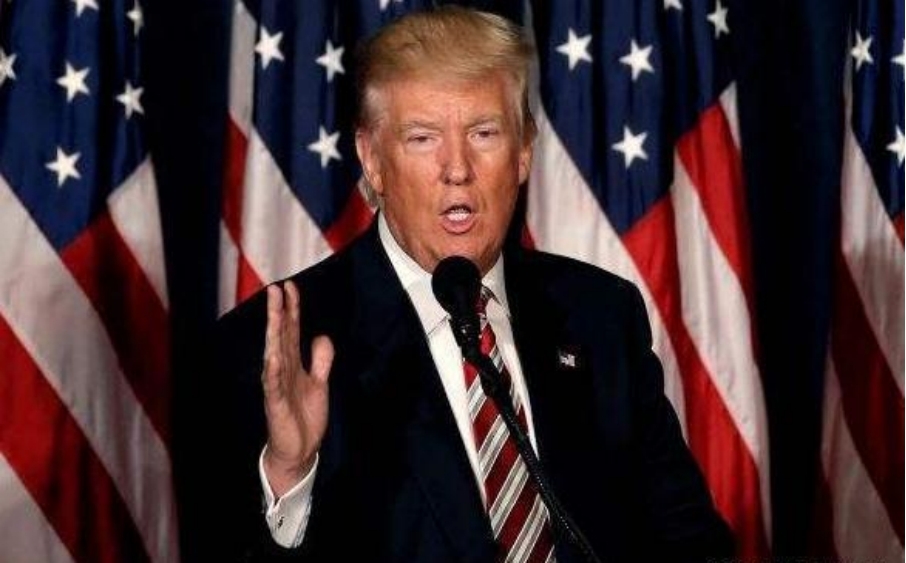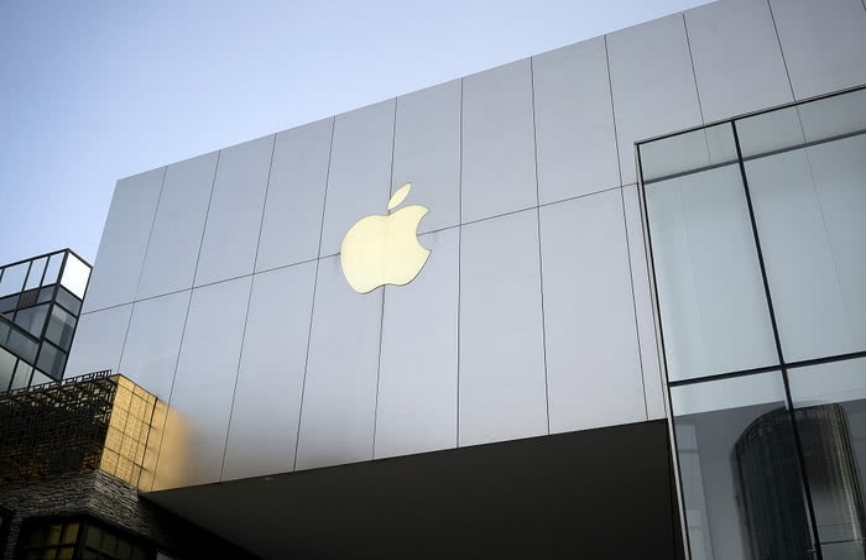
Recently, according to Reuters' global tariff Tracker data, global companies that reported profits this quarter expect the profit shock related to trade policies to reach approximately 15 billion US dollars in 2025. This figure reflects the fragility of corporate profitability in the financial market and the intensification of short-term market adjustment pressure. The impact of US President Trump's tariff policies on corporate profits is gradually becoming apparent. It is not difficult to find from the financial reports of representative enterprises in various industries, from Caterpillar to McDonald's and Marriott, that trade factors are significantly impacting profits by pushing up the prices of high-altitude materials and suppressing demand.
From a financial perspective, Trump's tariff policy, although its original intention was to address the imbalance in US trade and the decline in manufacturing strength, has posed a direct threat to corporate profits in the actual implementation process. Tariffs, as a trade policy tool, are essentially taxes imposed on imported goods with the aim of creating job opportunities and investment for the United States. However, during the implementation of this policy, it led to an increase in raw material costs and a decline in consumer confidence, thereby weakening market demand. Caterpillar's revenue in the second quarter dropped by 0.7%, while the cost of goods rose by 6.5%. This comparison of data directly reflects the negative impact of tariff policies on the company's profitability. Although Ford Motor Company's revenue increased by 5% in the second quarter, its adjusted EBIT declined year-on-year. It is estimated that the net tariff impact for the current fiscal year will be approximately 2 billion US dollars. This figure further highlights the eroding effect of tariff policies on corporate profits.
Further analysis reveals that the impact of tariff policies on different industries varies significantly. The industrial, manufacturing and automotive sectors, as the main bearers of the tariff impact, have suffered particularly severe losses in profits. The financial and technology industries, due to their business characteristics, are relatively less affected by tariff policies. However, such industry differences cannot mask the impact of tariff policies on the overall profitability of the financial market. As the earnings season progresses, an increasing number of enterprises are beginning to disclose the rising costs and declining profits caused by tariff policies. This trend undoubtedly intensifies market concerns over short-term adjustment pressure.
From the perspective of the operation of financial markets, the uncertainty of tariff policies poses a significant challenge to market participants. More than 100 global companies have withdrawn or cut their financial guidance, a move in itself that reflects market concerns over the future direction of tariff policies. Although the market has maintained some resilience against the backdrop of strong growth in demand for artificial intelligence, with the S&P 500 index and the Nasdaq Composite Index rising by more than 30% cumulatively, several market strategists have recently warned that a correction in the US stock market may be imminent. This view is not groundless but is based on considerations of multiple factors such as the continuous impact of tariff policies, the slowdown of economic growth, and the intensification of inflation.
Evercore ISI's report indicates that although the bull market momentum driven by artificial intelligence should continue, with the slowdown in growth and the intensification of inflation, the market may decline by 7% to 15% during September to October. This prediction is not an alarmist statement but is based on an in-depth analysis of the current operation of the financial market. The impact of tariff policies on the balance sheets of consumers and enterprises has already begun to show in financial reports, and this trend may further intensify in the future.
Morgan Stanley's star analyst and chief U.S. equity strategist, Wilson, expects that the profit correction in the third quarter could be as high as 10%. This figure reflects the profound impact of tariff policies on the profitability of enterprises. Tariffs not only directly push up the raw material costs of enterprises, but also indirectly affect market demand by suppressing consumer confidence, thereby exerting a double impact on corporate profits. In this situation, although enterprises can cope with the impact of tariff policies by passing on some of the costs to consumers, this ability to do so is limited and may trigger a vicious cycle of consumer aversion and further decline in market demand.
In conclusion, while Trump's tariff policy addresses the trade imbalance and the decline in manufacturing strength in the United States, it also poses significant challenges to corporate profitability and the stability of the financial market. From a financial perspective, the uncertainty of tariff policies, industry differences, and their eroding effect on corporate profitability all indicate that the market may face certain adjustment pressure in the short term. In this situation, investors need to assess market risks more carefully and formulate reasonable investment strategies to deal with possible market fluctuations.

Recently, according to 9To5Mac, the Apple Podcasts app was exposed to have the problem of automatically redirecting unsubscribed programs, and some of the redirected programs were suspected to contain malicious links.
Recently, according to 9To5Mac, the Apple Podcasts app was …
Recently, multiple Federal Reserve officials have publicly …
Ukrainian President Vladimir Zelensky met with French Presi…
In November 2025, South Korean e-commerce giant Coupang was…
On December 2, 2025, the international silver market witnes…
On November 30 local time, a report released by the Stockho…